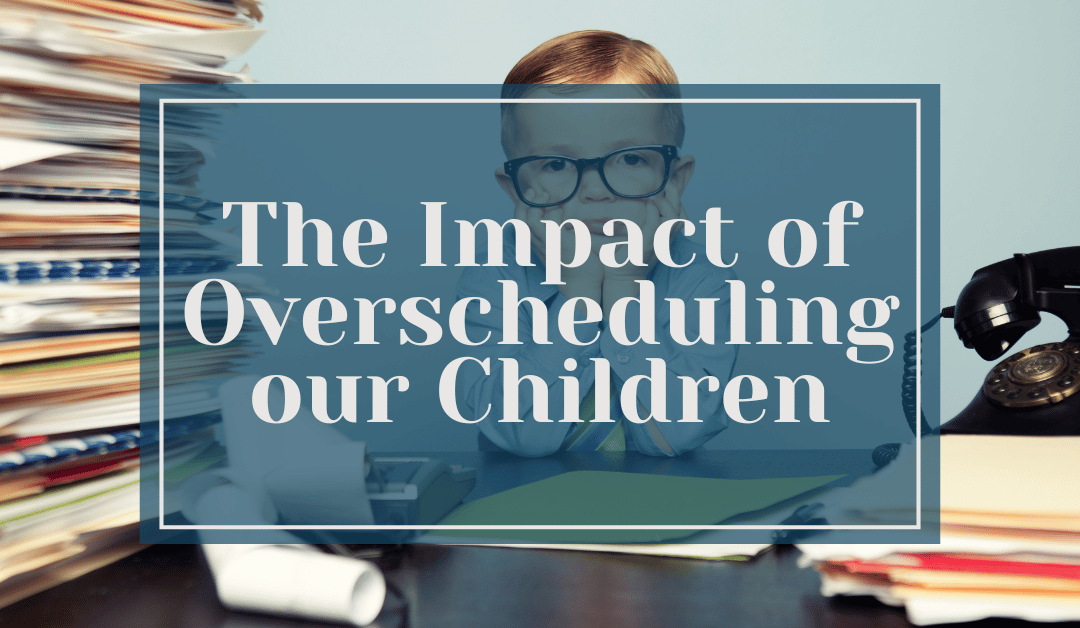As parents, it’s easy to fall into the trap of overscheduling our kids. After all, many of us were raised to believe that idleness is unproductive or even dangerous—think of the old saying, “Idle hands are the devil’s workshop.”
The desire to keep your child’s mind stimulated and their future bright is natural. Society encourages us to pack their schedules with enriching activities, and it feels like the right thing to do. But in trying to give them every opportunity, it’s easy to go too far and overfill their calendars.
I understand this all too well. As a dance mom, I know the pull of wanting your child to excel and participate in every opportunity. But I’ve also seen firsthand how an overloaded schedule can take a toll. Overscheduling might seem harmless, but it can actually have negative effects on your kids.
Here’s how:
They Get Burned Out
Even kids can experience burnout. When they’re constantly busy, even with activities they enjoy, it eventually takes a toll. They might start to resent the commitments that once excited them—or even rebel against them altogether.
They Feel Stressed and Anxious
Kids can experience stress from always being on the go. They might feel like they can’t keep up, which can lead to anxiety. Stress releases cortisol, a hormone that affects the body in ways that can become overwhelming if left unchecked.
They Miss Out on Family Time
Busy schedules often leave little room for meaningful family time, which is crucial for kids to feel grounded and connected. Simple moments like family dinners or game nights help kids feel supported and loved. Without these, they may feel isolated or lonely.
They Could Miss Important Milestones
A packed schedule might mean missing out on some of life’s simple but significant moments, like learning to ride a bike or enjoying a quiet afternoon playing outside. These experiences are just as important for their happiness and growth as their future ambitions.
Their Grades May Suffer
Balancing school and a heavy load of extracurricular activities can leave little time for homework or studying. This can negatively impact their grades. What’s more, overscheduled kids often miss out on reading for pleasure, which helps boost comprehension, critical thinking, and overall academic performance.
How to Strike a Balance
If you’re worried your kids might be overscheduled, take a step back and evaluate their calendar. Sit down together to prioritize activities. Focus on what truly excites them and let go of anything that feels like an obligation.
Make sure your child has enough downtime to rest and recharge. If you do choose to maintain a full schedule, keep a close eye on how they’re coping. Look for signs of stress, burnout, or falling behind, and be ready to adjust their commitments as needed.
Giving your kids room to breathe doesn’t mean you’re doing less for them—it means you’re giving them space to thrive. Balance is key to helping them grow into happy, healthy, and well-rounded individuals.


